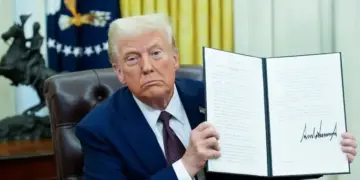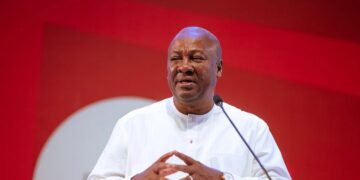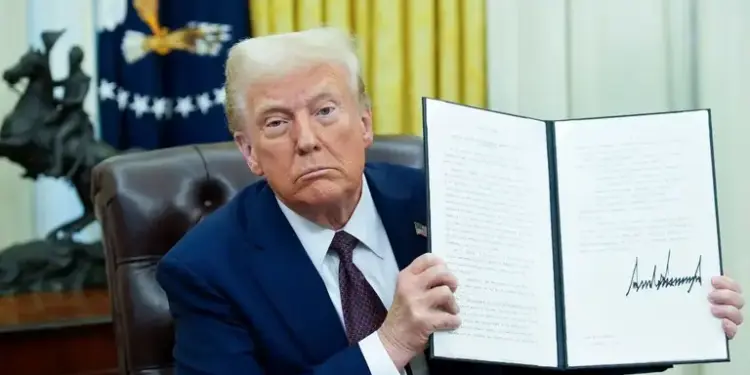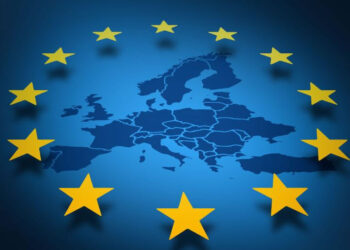By Ebi Kesiena
U.S. President Donald Trump has signed a sweeping executive order aimed at protecting American citizens from what his administration described as “wrongful detentions” in foreign countries.
The new policy, announced by the U.S. Department of State, introduces severe consequences for individuals, groups, or governments found culpable of detaining U.S. nationals unlawfully or using them as leverage in political disputes
The executive order empowers the U.S. government to designate countries or actors as “State Sponsors of Wrongful Detention.” Those falling under this category will face an array of punitive measures, ranging from economic sanctions and foreign aid restrictions to visa bans.
The order also authorizes travel restrictions for U.S. passport holders to such countries, effectively isolating governments that use hostage diplomacy as a bargaining chip.
“Today, President Trump signed an Executive Order that takes unprecedented action to impose new consequences on those who wrongfully detain Americans abroad,” the State Department said in a statement.
Much like the long-standing designation of “State Sponsors of Terrorism,” which carries significant global stigma, the new classification is designed to deter governments and non-state actors from engaging in the detention of Americans for political or financial gain.
The administration stressed that the measure is a direct response to increasing reports of Americans being detained overseas under questionable circumstances, often in jurisdictions where due process is absent or compromised.
“No nation should want to end up on this list,” the statement read, warning that countries resorting to wrongful detention will pay a heavy diplomatic and economic price. “The bottom line: anyone who uses an American as a bargaining chip will pay the price. This administration is not only putting America first, but also putting Americans first.”
In recent years, Washington has expressed alarm over cases of U.S. citizens being held abroad under unclear charges, ranging from espionage allegations to politically motivated accusations. Several high-profile cases, including those involving dual nationals in the Middle East and journalists in authoritarian states, have drawn international attention and sparked debates on how the U.S. should respond.
Meanwhile, critics have accused certain governments of weaponizing detentions to gain leverage in negotiations, secure prisoner swaps, or extract concessions from Washington. By establishing a clear punitive framework, the Trump administration hopes to signal zero tolerance for such tactics.
Analysts believe the new executive order could reshape how the U.S. handles its bilateral relations with countries accused of wrongful detentions. Imposing sanctions or limiting foreign assistance could strain diplomatic ties, but the administration insists that protecting American citizens is non-negotiable.


































